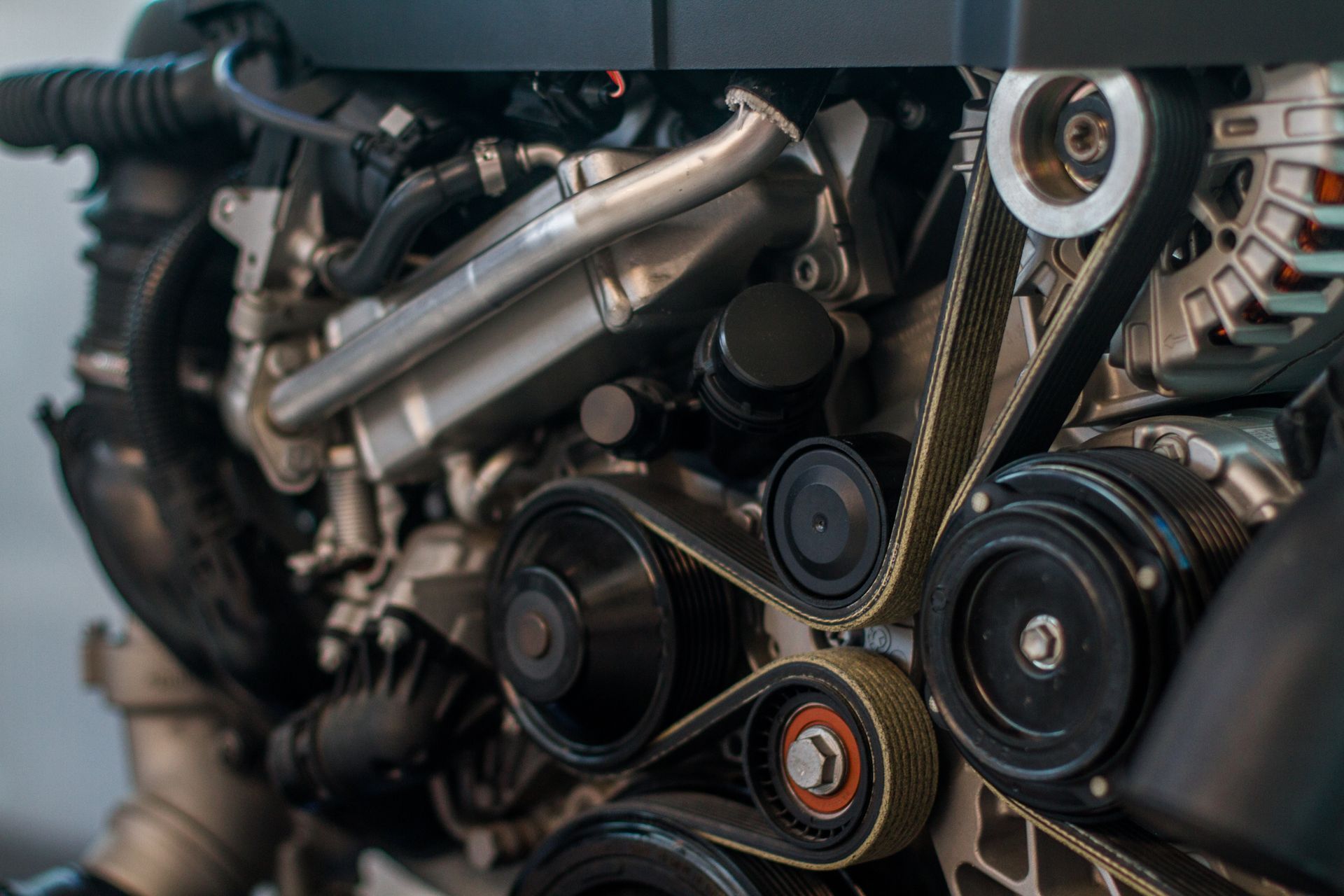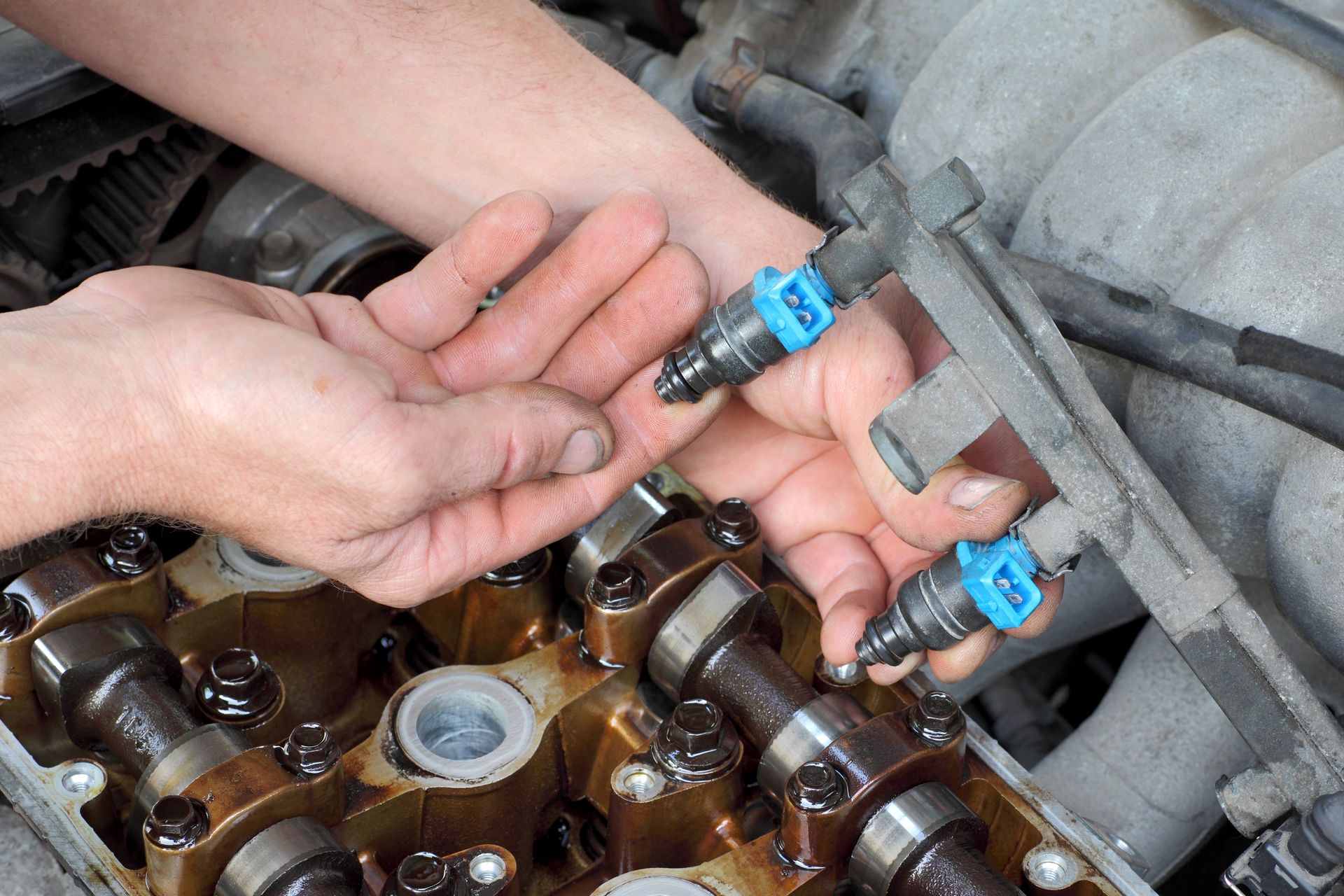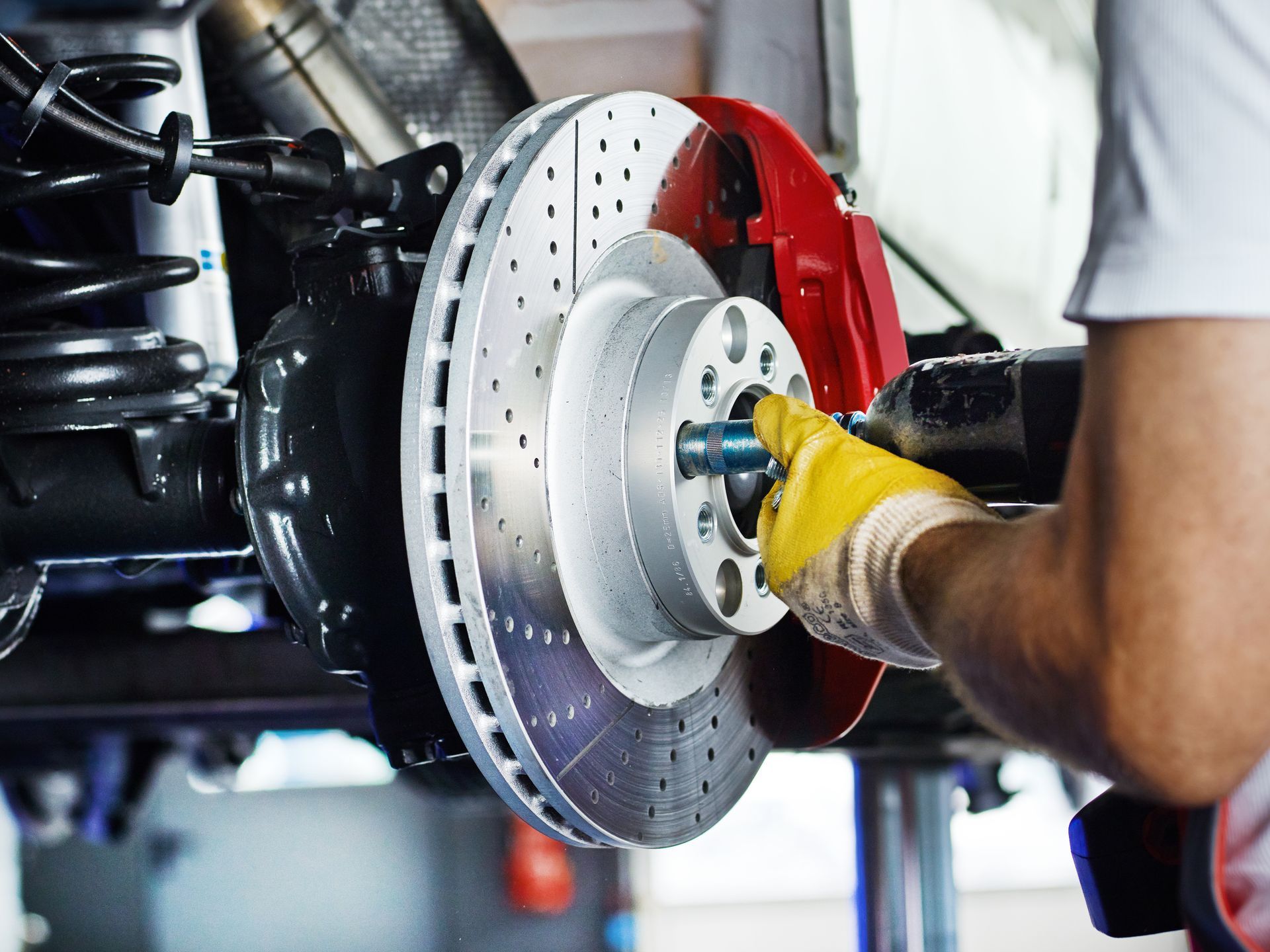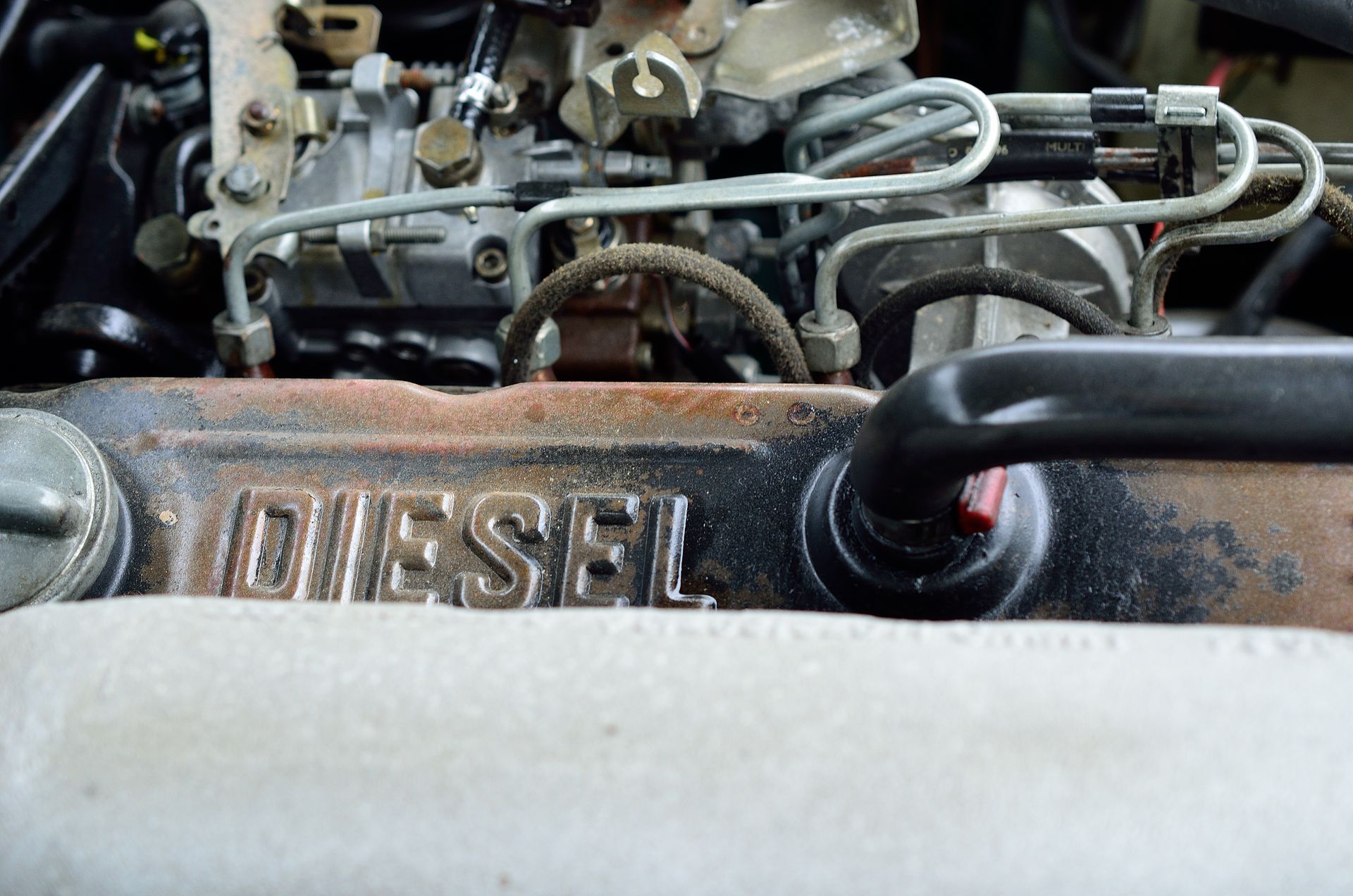Oil changes are one of the most essential maintenance tasks for keeping your vehicle in good shape. Yet, it’s also one of the most commonly delayed or overlooked services by drivers. While it might seem harmless to stretch the time between oil changes, doing so can quietly damage your engine and cost you more in the long run.
Motor oil plays several critical roles, and without it being clean and at the proper level, engine components cannot function properly. Here’s a closer look at what happens when oil changes are skipped or delayed too long.
Why Engine Oil Is So Important
Engine oil does more than just lubricate moving parts. It also helps reduce friction, absorb heat, and carry away contaminants that build up during combustion. Over time, the oil loses its ability to perform these tasks effectively. Dirt, carbon, and metal particles start to accumulate, turning the oil into a thick, dirty sludge that can’t protect your engine the way it should.
Fresh oil ensures that components like pistons, camshafts, and bearings move freely without excess wear. When oil breaks down, those parts start to grind and overheat.
What Happens When You Delay an Oil Change
Neglecting an oil change doesn’t instantly damage your engine, but the effects build up over time. Here are some of the most common outcomes:
Excessive Engine Wear
Without proper lubrication, metal components inside the engine begin to rub together, causing wear and tear. Once damage begins, it cannot be reversed, only repaired.
Overheating
Old oil can’t carry heat away from the engine efficiently. As a result, temperatures inside the engine rise. This can warp parts, weaken gaskets, and increase the risk of breakdowns.
Poor Performance
Thick, dirty oil slows down engine operation, which may cause a drop in power, rough idling, or difficulty accelerating. You might also notice a decrease in fuel efficiency.
Engine Sludge Build-Up
Sludge forms when oil sits too long and breaks down. It blocks passages and oil ports inside the engine, restricting oil flow and making it harder for your car to stay cool and well-lubricated.
Costly Repairs
Eventually, lack of oil maintenance can lead to failure of critical parts like the timing chain, turbocharger, or even the entire engine. These are far more expensive to fix than a simple oil change.
How Often Should You Change Your Oil?
This depends on your vehicle’s make, model, and how you drive. Most modern vehicles can go between 5,000 to 10,000 miles on synthetic oil, while some may stretch to 10,000 miles. Older vehicles and those using conventional oil may need changes every 3,000 miles.
However, short trips, heavy traffic, towing, or frequent idling can shorten the oil’s lifespan. Always refer to your vehicle’s owner’s manual for guidance, and when in doubt, err on the side of caution.
Warning Signs You’ve Gone Too Long
- The oil light or check engine light comes on
- Dark, dirty oil when you check the dipstick
- Noticeable engine noise or ticking sounds
- Decreased fuel efficiency
- Sluggish performance or harder cold starts
The Long-Term Value of Routine Oil Changes
Spending a little time and money on oil changes helps protect your engine, extend its life, and maintain your car’s value. It also gives technicians a chance to check for leaks or early warning signs of other problems.
Keeping a consistent oil change schedule is one of the best things you can do for your vehicle. It improves reliability, enhances performance, and prevents unexpected repairs.
Trust Your Oil Service to Rodriguez Brothers Auto in Miami, FL
At Rodriguez Brothers Auto in Miami, FL, we make routine maintenance simple and stress-free. Our technicians will recommend the right oil for your engine and perform a professional oil and filter change. If it’s been a while since your last service, don’t wait for warning lights to appear.
Schedule your oil change today and give your engine the protection it needs to stay strong.










